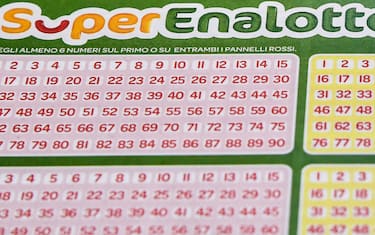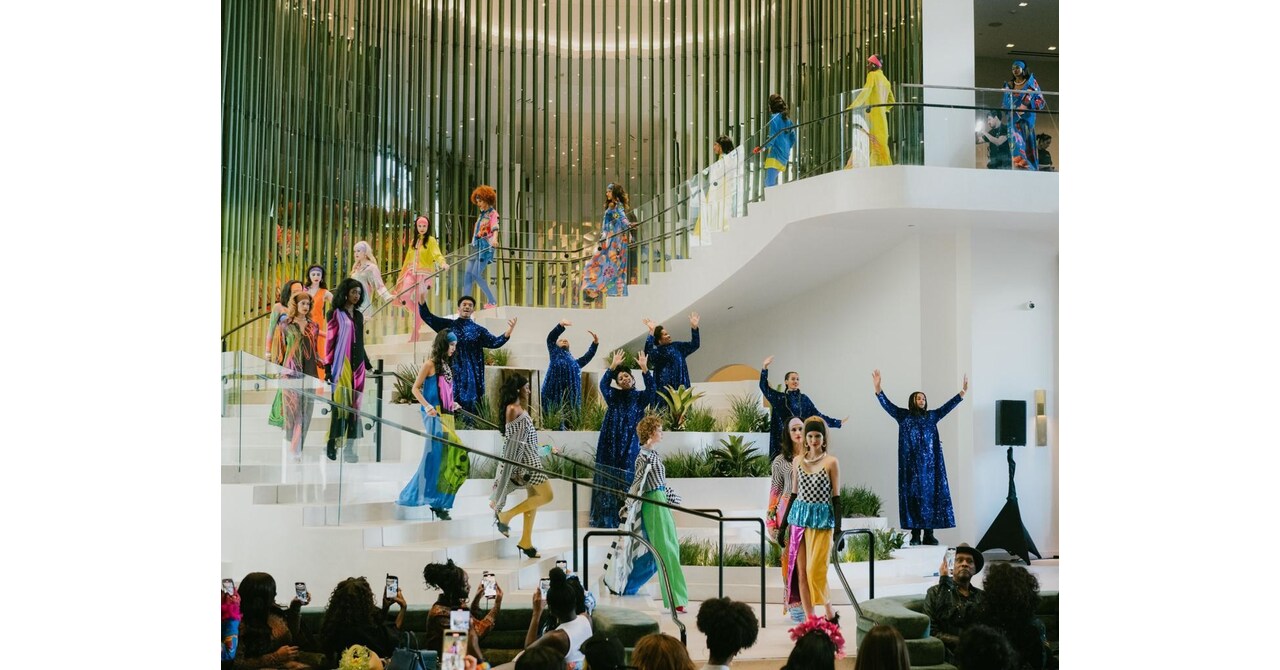(Ottawa) The Consul General of Canada in New York reiterated Thursday that he had no influence on Global Affairs Canada’s decision to buy a $9 million apartment in Manhattan for its new official residence.
Published at 2:11 p.m. Updated at 5:33 p.m.
Nick Murray The Canadian Press
Tom Clark has been invited again to give evidence before a Commons committee examining the acquisition of this official residence. The Standing Committee on Government Operations and Estimates had decided to reconvene him following media reports earlier this month that claimed the consul had indeed expressed concerns about the former residence.
However, Mr. Clark had previously maintained that he had never expressed the wish to move into a new residence in New York.
Giving evidence under oath this time, Mr Clark told MPs that the comments reported in the media were made in passing to a colleague and that he was not aware that the remarks had made their way to the ministry. .
“Certainly they were never intended to influence anything,” Mr Clark told MPs. At no time did I ask that we change residence, and I think that is an important point. »
NDP MP Alexandre Boulerice asked Mr. Clark why he was adamant that he never expressed a desire to move, despite his comments about the deficiencies of the former residence.
“I didn’t tell anyone about my move. My comments, as offhand as they were, were about what I had to work with at 550 Park Avenue, the former executive residence, Mr. Clark said, pointing to problems with furniture accessibility and lack of space. family.
The lack of family space “is not an unusual comment from new mission leaders. This is a problem encountered in many official residences,” he said.
Mr. Boulerice pressed, asking if pointing out all the problems with a previous residence could be interpreted as a desire to move.
“The process of moving an official residence is not in the hands of the local head of mission or staff,” Mr. Clark responded. “It is entirely in the hands of the real estate division [d’Affaires mondiales Canada] in Ottawa. »
Resignation demanded
Mr. Clark also maintained that he did not visit the new West 57th Street residence for the first time until after the purchase offer was made, indicating that although he had problems with it wouldn’t have made any difference to her.
Conservative MPs, however, were not convinced, and several asked Mr Clark if he would resign for lying to the committee.
“In order for you to get things done, I don’t think you need to directly ask individual members of your team to do it. You have to identify that there is a problem, and then the team commits to solving it,” argued Conservative MP Michael Barrett.
“There are now several elements […] which reveal that you were involved. That your taste in champagne was not satisfied by the recently modified shared spaces at the mission. »
Among the items Mr. Barrett referenced was an email from Emily Nicholson, an official with Global Affairs Canada, who wrote that Mr. Clark had been “instrumental” throughout the process and that the consul had given the “green light” to the selection of the new official residence.
Ms Nicholson has since backed down on Mr Clark’s level of involvement. Testifying before the committee last month, she said she should have used more precise language.
Other Global Affairs officials also testified before the committee that Mr. Clark was not involved in either the sale of the residence or the purchase of the new one.
“The problem we face here is that you have blatantly and shamelessly lied to this committee on numerous occasions,” Conservative MP Kelly Block said Thursday in her questioning of Mr. Clark.
“And so my question to you is: Why don’t you tell this committee and Canadians the truth, don’t you admit that you lied, don’t you follow in the footsteps of Randy Boissonnault and don’t don’t you resign? »
Mr. Clark reiterated a phrase he has repeated several times throughout his questioning of MPs from various parties: he told “the truth, the whole truth and nothing but the truth.”
Conservative MP Stephanie Kusie tried to get colleagues to whom Mr Clark raised his concerns to be called to the committee to testify, but she did not receive unanimous consent from members.
The Conservatives argued that the purchase of the luxury apartment was an example of the Prime Minister doing a favor for a “friend in the media” and an example of wasteful government spending.
Mr. Clark was a long-time reporter at CTV News, and briefly at Global News, before retiring from journalism in 2017. In 2022, about a year before Mr. Trudeau appointed him to New York, the Conservatives had chosen to be a moderator during their debate in the party leadership race.
The government has already explained that purchasing the new residence would actually save taxpayers around $7.4 million, when renovation costs, operating costs and the profit from the sale are taken into account. of the old residence.
This previous residence, valued at 13 million, has not yet been sold.

How much weight should public opinion hold when governments make decisions about official housing for diplomats, especially when financial and practical considerations seem to contradict popular sentiment?
## Open-Ended Questions for Discussing the Article:
This article covers several key topics, offering opportunities for engaging discussions.
**I. Housing & Government Spending:**
1. **Beyond the financial arguments presented, what social and ethical implications might arise from diplomats residing in luxury accommodations? How can we balance the need for appropriate representation with responsible use of taxpayer funds?**
2. **The article mentions potential savings from the new residence. How should governments evaluate cost-effectiveness when making decisions about official residences? What factors should outweigh financial considerations?**
3. **How does public perception of government spending on housing for officials impact political discourse and public trust? Can transparency and open communication mitigate these concerns?**
**II. Transparency & Accountability:**
1. **The article highlights conflicting accounts regarding Mr. Clark’s involvement in the purchase decision. How important is transparency in government processes, especially when dealing with potential conflicts of interest?**
2. **What measures can be taken to ensure accountability and prevent potential abuses of power when officials handle real estate transactions? Should there be stricter guidelines or independent oversight?**
3. **How does this case reflect broader concerns about transparency and ethics in government? What role should parliamentary committees play in holding officials accountable?**
**III. Political Allegations & Media Connections:**
1. **The Conservatives allege political favoritism in the purchase, citing Mr. Clark’s past media career. What are the ethical considerations surrounding politicians appointing individuals with journalism backgrounds to diplomatic positions?**
2. **How can we distinguish between legitimate concerns about political influence and partisan attacks based on personal connections? How can we ensure fairness and objectivity in political discourse?**
3. **The article mentions a previous residence that hasn’t yet been sold. How might this information be used by different political actors to advance their agendas? How can we critically evaluate information presented in a politically charged context?**
**IV. Broader Implications:**
1. **This story raises questions about the relationship between government, the media, and public perception. How can we foster a healthy and informed dialog about these complex issues?**
2. **How do these events reflect broader societal concerns about government spending, accountability, and the use of power? What lessons can we learn from this case?**
3. **What are the long-term consequences of eroding trust in government institutions? How can we rebuild and strengthen public confidence in our democratic processes?**
By using these open-ended questions, we can encourage a nuanced and engaging discussion exploring the various facets of this complex and relevant news story.

